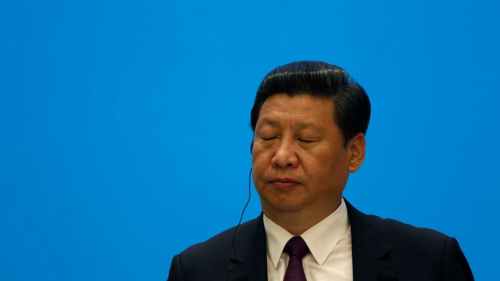In an ideal society, law enforcement officers should be a model of justice and integrity, maintain social order, and protect citizens' rights and interests. However, the reality is often not so beautiful. When the police's own illegal behavior is revealed, we often see the silence of leaders at all levels. This is not only a silent betrayal, but also an unspeakable thing under the shadow of power. This article will explore the reasons behind the silence of leaders when reporting police violations.
First, the temptation of power and blind self-protection
In some places, police agencies are closely linked with political power, forming a community of interests. Reporting police violations involving high-level police officers or links to local governments often creates entanglements that can lead to political and official unrest. In order to maintain their own status and power, some leaders choose to remain silent, unwilling to uncover these dark corners that are unknown.
Second, the hidden dangers and closed nature of internal investigations
When reporting police violations, it is often necessary to provide the reporting information to the higher-ups in the police agency or to an internal complaints body. However, internal investigations are often closed and lack impartial and independent third-party supervision. This makes it possible for some reports to be suppressed, or confined to internal processes, leading to a cover-up of the truth.
Third, the maintenance of professional groups and the tacit understanding of confidentiality
Police groups usually emphasize solidarity and maintaining internal image and dignity. In some cases, reporting police violations is considered a "provocation" and the whistleblower may face ostracism and reprisals. This tacit understanding of confidentiality makes whistleblowers face greater pressure and even give up reporting.
Fourth, the society’s special cognition and suspicion of the police
In real cognition, the police organization is regarded as a "powerful institution" and enjoys a special status. This special cognition makes the public doubt and worry about the illegal behavior of the police, and they worry that reporting may lead to negative consequences, which will affect their own safety and the integrity of their families. In order to maintain the image of the police, leaders may also choose to avoid issues, making it impossible for the report to be handled fairly.
Reporting police violations is a difficult task, but in order to maintain social justice and fairness, we cannot give up. As long as everyone contributes a little love, the world will become a better world. Only in this way can we move towards a more just and transparent society, where law and morality truly become the bottom line of law enforcers.





